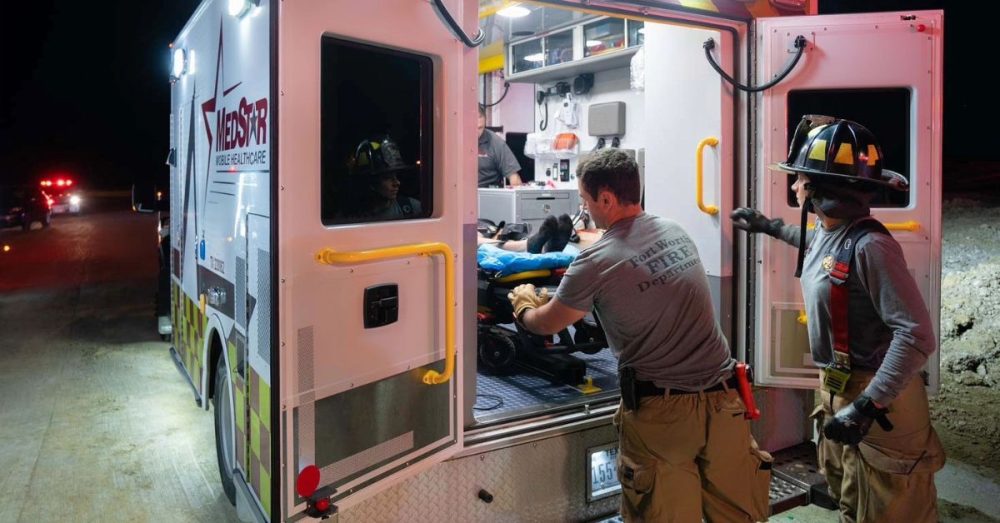Fort Worth is preparing to integrate MedStar’s workforce into its fire department as part of a transition to a fire-based EMS system. This move follows the City Council’s unanimous decision in May 2024 to dissolve MedStar and restructure services within the fire department.
The change has required extensive planning, including collective bargaining with the firefighters’ union, IAFF 440, to ensure a smooth transition for employees and effective service for residents.
Since July 2024, the city and IAFF 440 have been engaged in intensive negotiations to address the logistics of merging the MedStar workforce into the fire department. These discussions have involved multiple bargaining sessions and private subcommittee meetings, where representatives from the city, the union, and MedStar tackled complex issues such as civil service protections, pay structures, seniority, and accrued vacation time. The goal has been to retain talent while fostering a unified culture among the existing fire department staff and the incoming EMS personnel.
One of the primary challenges has been ensuring equity and inclusion for the new workforce. Assistant City Manager Valerie Washington emphasized the importance of creating a welcoming environment. “You have this new workforce, and you don’t want to make them feel less than the current firefighters,” she explained. The city has worked to address these concerns through detailed agreements that balance the needs of all employees while maintaining high standards of public service.
The proposed agreement, set for a City Council vote on January 28, includes an estimated cost of $54 million over 15 months. Key provisions include the addition of 75 new EMT positions, nine ambulances, and the creation of new EMS job classifications. MedStar employees transitioning into the fire department will receive an average 10% salary increase, alongside civil service protections for EMTs, paramedics, and telecommunicators. These measures aim to ensure that both current and incoming employees feel valued and supported.
Civil service protections for telecommunicators emerged as a contentious issue during negotiations. Initially, the city proposed classifying them as general employees, excluding them from the bargaining group. However, the fire union strongly opposed this, advocating for equal representation. The city ultimately reconsidered, granting telecommunicators the same civil service protections as other EMS personnel.
Zac Shaffer, president of IAFF 440, highlighted the dual goals driving the transition: improving service to Fort Worth residents and providing comprehensive support for the incoming workforce. “Our main priorities were serving the citizens better and taking great care of these people as they join our team,” he stated.
As Fort Worth prepares for the final steps of the merger, the integration represents a bold move toward modernizing emergency medical services in the city. The outcome of the January 28 vote will determine the next chapter in this ambitious initiative.


